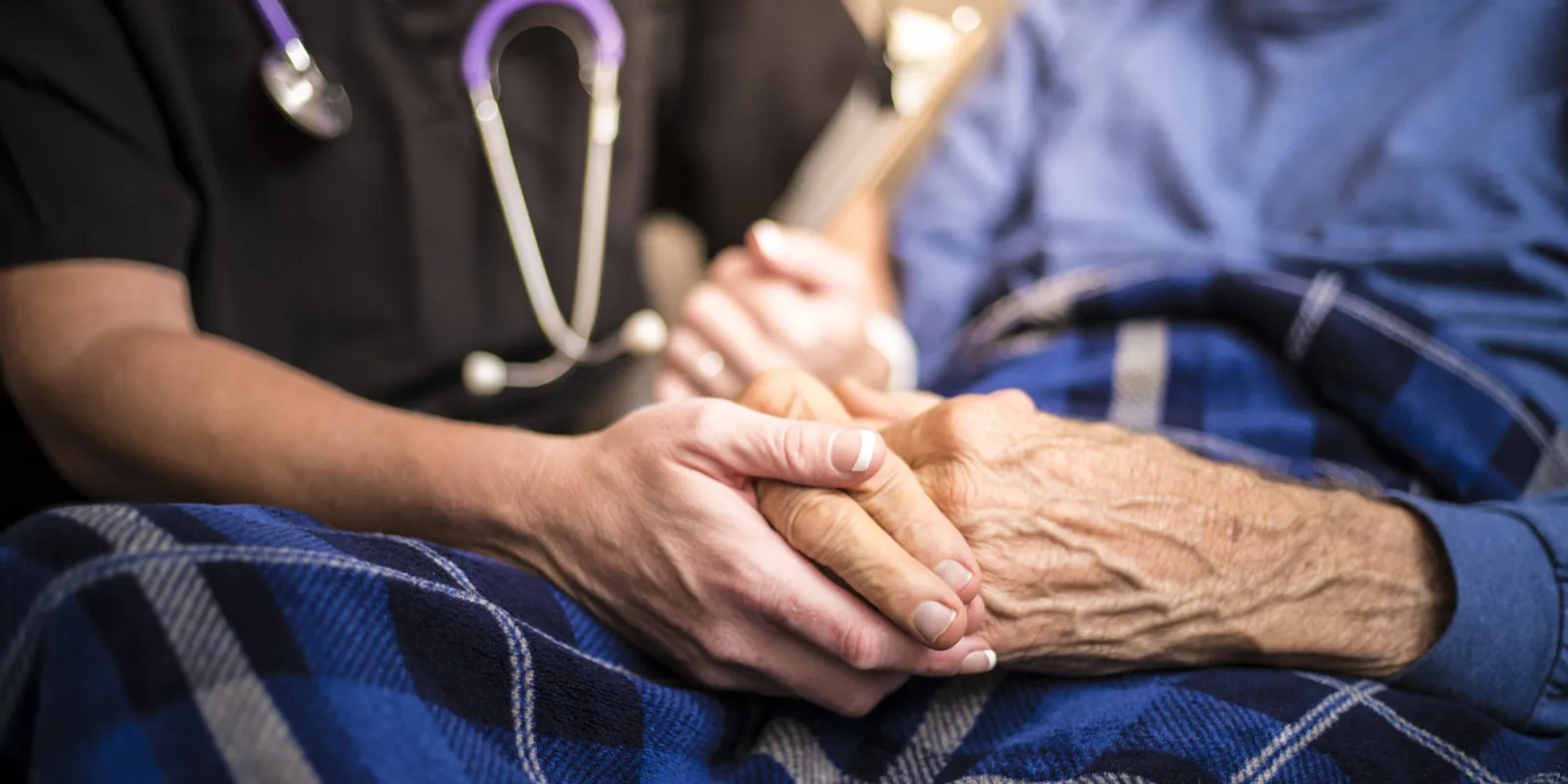One of the great themes of the AGS 2021 conference was the balance between safety, autonomy, and independence. One subject area where this tension is seen most avidly is in balancing these themes in the context of an older person who has dementia having access to firearms. Because of the frequency of published news articles on firearm-related deaths and the wide range of views in the political discourse regarding this topic, discussions revolving around this topic can be very polarizing and controversial. Yet, this problem is very real, and solutions on how to handle this issue need to be available to address real-world problems encountered daily by older persons who have dementia.
Family members may be the ones who most often bring up the subject of gun ownership, particularly when a family member with dementia is experiencing hallucinations, paranoia, or other psychotic behavior where the firearm may be used by the individual experiencing these symptoms. The fear is that an accidental discharge when a person is having these experiences may result in an injury to a family member, neighbor, or another innocent bystander.
In one of the plenary paper sessions, Dr. Laura Prater presented her findings on how to approach this issue with the gun owner. Language is important in convincing a person to give up their firearms for safety. Because reasons for owning firearms vary from protection, hunting, collection, and historical value, approaching this issue based on the individual reasons for owning the firearm makes discussions more individualized and appropriate. Interventions involving family and peers who have faced similar situations and have “retired” their firearms may make it easier for the person concerned to decide on safety. It is important to be sensitive about how this decision could make the gun owner feel, particularly if they have a sense of losing power, independence, and/or protection when they decide to retire their firearms. Alternative plans to address why the firearms were owned should be concurrently developed, particularly concerns from the gun owner regarding how their safety can still be ensured (if using the firearm for protection). Ultimately, the autonomy of the individual must be respected as this sensitive decision is made.
Another session took on the topic of dementia and firearms head-on, approaching the concept of firearm ownership in a fashion similar to addressing driving in older persons. This is an area of limited research, but the presenters applied the framework of risk of driving based on the severity of cognitive impairment/dementia on risks associated with gun ownership in older persons who have dementia. The bottom line is that risk for accidental discharge using firearms increases as cognitive impairment and dementia worsens. Understanding that this risk exists and that the risk of the person with dementia potentially causing harm increases as the disease advances is important, particularly if this individual is experiencing behaviors related to dementia such as hallucinations, delusions, or paranoia. The ability for these individuals to handle their firearms safely likely declines as dementia advances. The risk of harm is highest for those living with this individual (family members, caregivers, etc.,). Knowledge of this risk is important in planning when the issue of firearm “retirement” for these persons. Laws related to handling and transferring these firearms vary from state to state, and these are important to know if this issue is being addressed.
Conversations revolving around firearms need to take place, particularly when safety becomes a concern. Balancing autonomy with constitutional rights is challenging, but the additional guidance gleaned from this conference on when and how to approach this sensitive subject makes approaching this subject less difficult.







